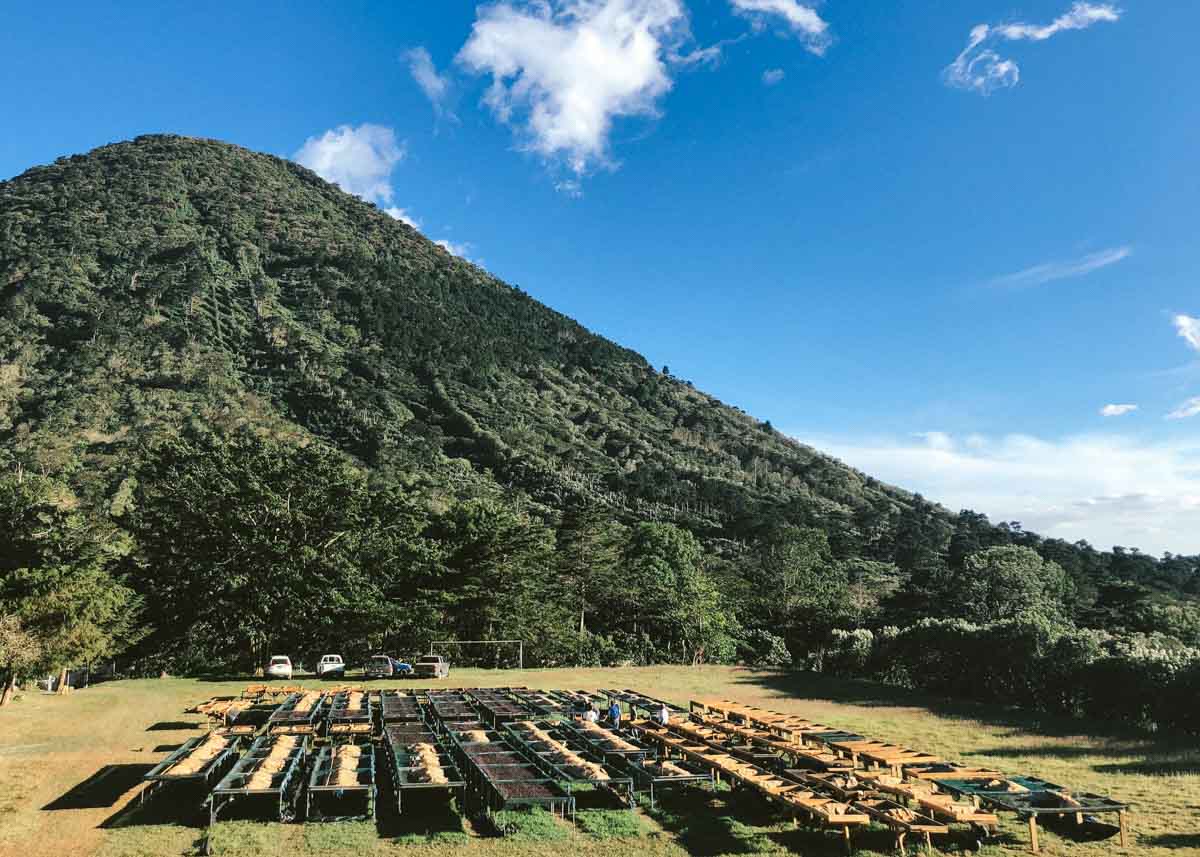COFFEE FROM
El Salvador
Typically, coffees from El Salvador were well balanced with good sweetness and balanced acidity. However coffee producers that grow interesting varietals have managed to create very complex and characterful coffees. Discover more about El Salvador's history, processing methods and flavour profiles in our El Salvador coffee guide.







